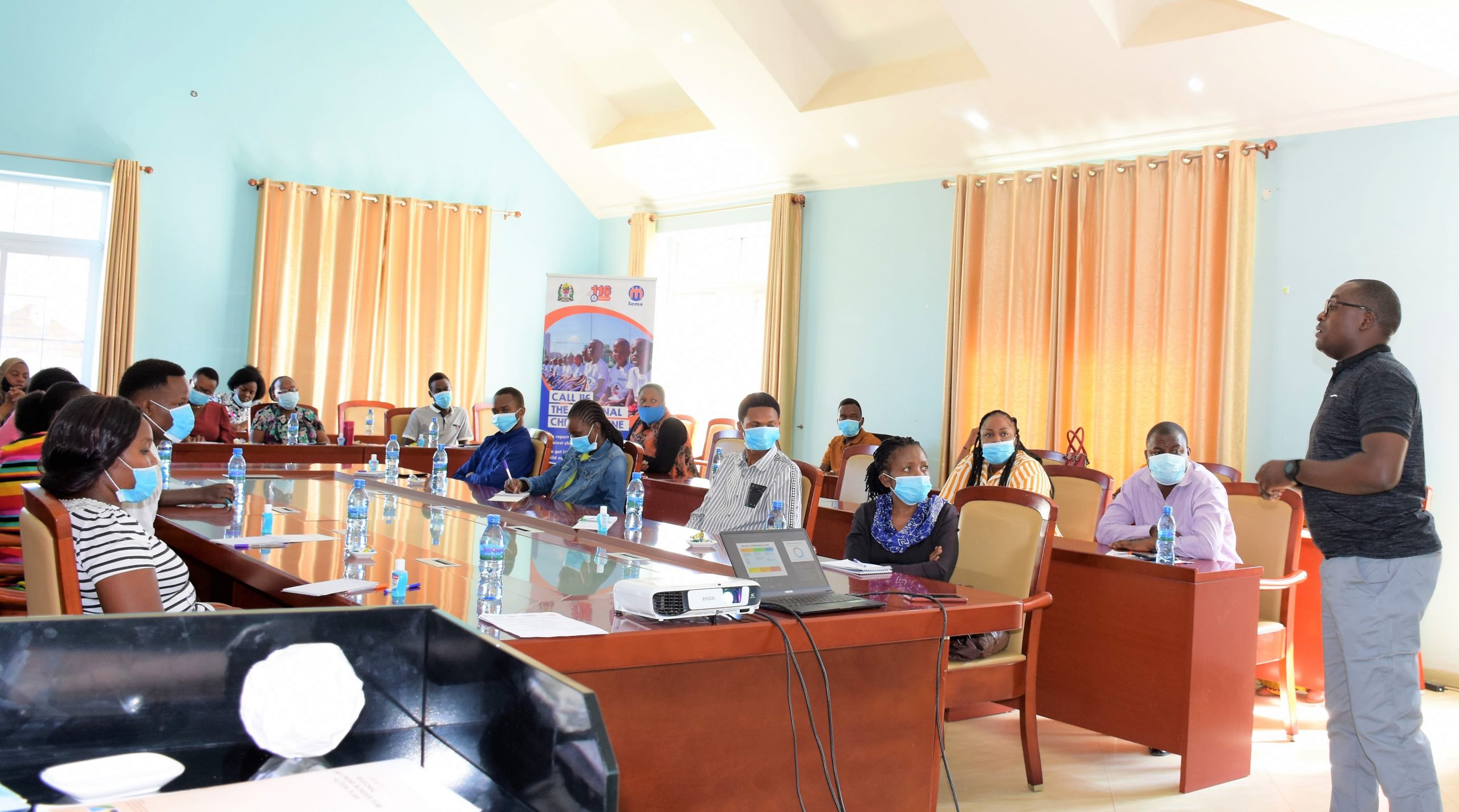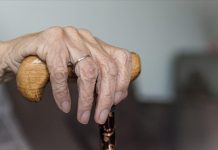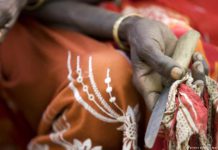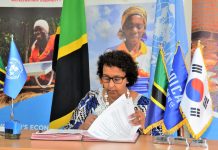AfricaPress-Tanzania: A new form of female genital mutilation (FGM) has emerged in a country where the perpetrators rubbed the genitals of infants with a stone.
Arusha District Council Social Development Officer Angela Kiama said this at a two-day press conference on female and child genital mutilation, organized by C-Sema, an organization dealing with child abuse issues. United Nations Population Fund (UNFPA).
Kiama said they discovered this after they started screening children who were sent to clinics.
“The new FGM that is emerging now takes the stone, rubs its genitals until it is gone, if you examine the baby you find his genitals very red and when they are rubbed they bleed and leave scars.
“That’s the violence we are fighting now, because every day mangariba are inventing a new way, there are those who cut it when they were young we have fought it, now they have devised another way to rub them with a stone, we ask someone who looks like a child to be circumcised like this The government’s goal by 2022 is to eradicate FGM in the country, ”he said.
The National Action Plan to End Violence Against Women and Children (NPA-VAWC (2017 / 2018-2021 / 2022) has clearly stated that FGM is a tradition that affects women and children.
Tanzania is determined to eradicate all forms of violence against women and children, including FGM, as part of the implementation of the 2030 Sustainable Development agenda.
UNFPA Liaison Officer Warren Bright said that by 2030, the goals of the United Nations, if the United Nations is to work together to achieve the goal of gender equality, and that UNFPA, in partnership with stakeholders, will end gender-based violence and violence against women and girls.
According to UN figures, an estimated 200 million girls and women have undergone some form of FGM in 30 countries, mainly in Africa, the Middle East and Asia.
National statistics also show that the five highest rates of FGM include Manyara (57.7 percent of women aged 15 to 49 have undergone FGM), Dodoma (46.7 percent), Arusha (41 percent), Mara (percent 32) and Singida (30.9 percent).
Statistics also show that women and girls aged 15 to 49 who live in rural areas are twice as likely as their urban counterparts to practice FGM (12.7 percent in rural areas versus 5.3 percent in urban areas).







